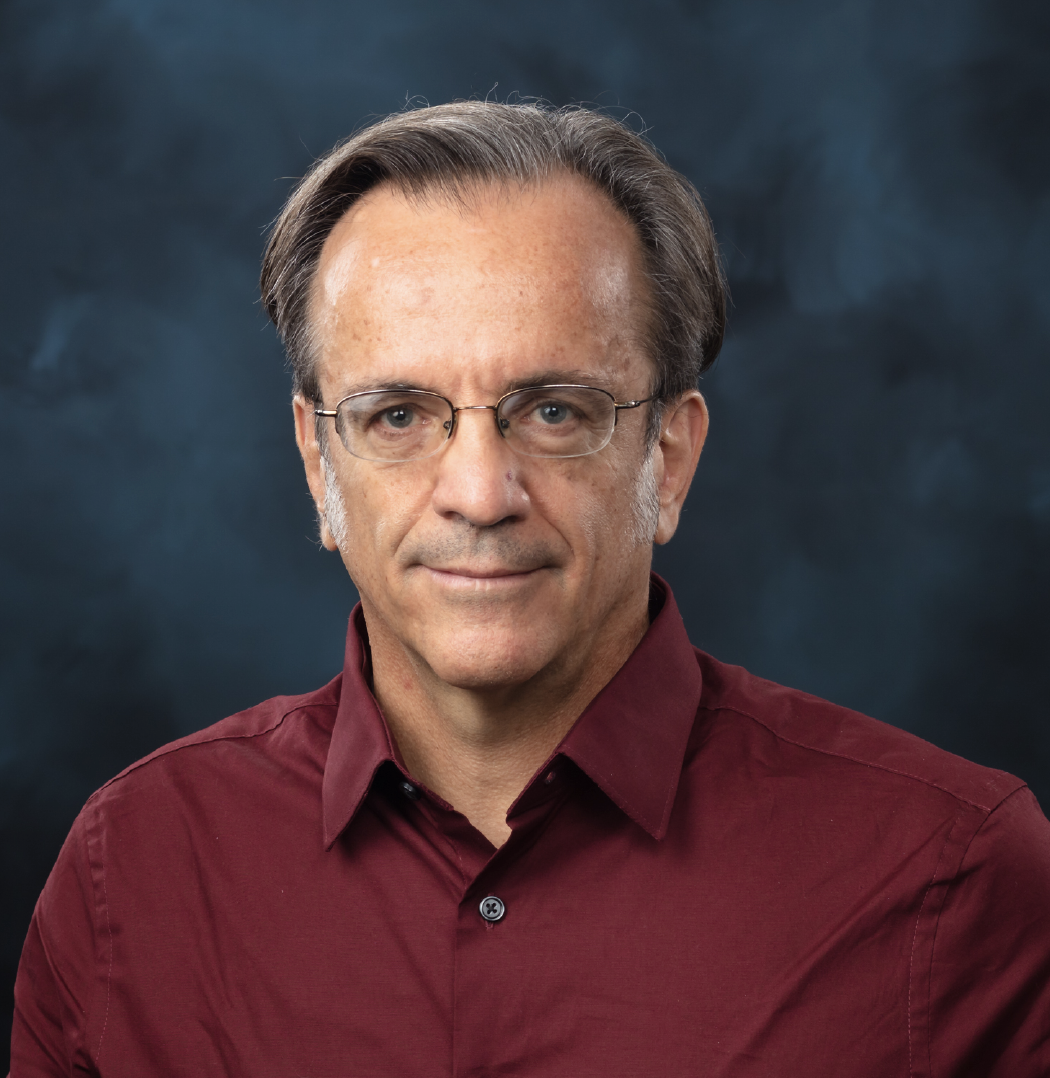Past Event: Oden Institute Seminar
Diego del-Castillo-Negrete, Oak Ridge National Laboratory
3:30 – 5PM
Thursday Feb 29, 2024
POB 6.304 & Zoom
Computing transport is a fundamental problem in engineering and a fertile area of applied mathematics methods and ideas. Although significant progress has been made, the complexity and importance of the problem call for novel methods to overcome limitations of current approaches. The models of interest in this presentation are Fokker-Planck type equations in which local (e.g., diffusive) transport is represented by differential operators and nonlocal transport by integrodifferential operators (e.g., non-diffusive turbulent transport closures and fractional diffusion). Computational approaches for these problems can be roughly classified as deterministic methods (e.g., finite-difference) and stochastic methods (e.g., Monte-Carlo). Although extensively used, continuum deterministic methods face stability and scalability challenges specially in the case of nonlocal operators that result in dense (non-sparse) matrices. On the other hand, particle-based stochastic methods face poor convergence due to statistical sampling. Here we present an alternative approach based on the Feynman-Kac theory that establishes a link between the Fokker-Planck equation and the stochastic differential equation of the underlying stochastic process. The proposed method reduces the computation to the deterministic evaluation of mathematical expectations (i.e., integrals) bypassing the need of discrete sampling of individual stochastic trajectories. The resulting algorithm is unconditionally stable and parallelizable. We present applications of the method to the study of the exit time problem and the initial value problem for local and nonlocal Fokker-Planck equations modeling transport in fluid dynamics and plasma physics.
Diego del-Castillo-Negrete is a Distinguished R&D Scientist in the Theory and Modeling Group of the Fusion Energy Division at the Oak Ridge National Laboratory. He holds a Ph.D. in Physics from the University of Texas at Austin (1994). Before joining ORNL in 2000, he worked in the Theoretical Division of Los Alamos National Laboratory (1998-2000), and the Scripps Institution of Oceanography at the University of Californian San Diego (1994-1998). His research interests span a wide spectrum of topics in plasma physics, applied mathematics, nonlinear dynamics, computational physics, and machine learning.
